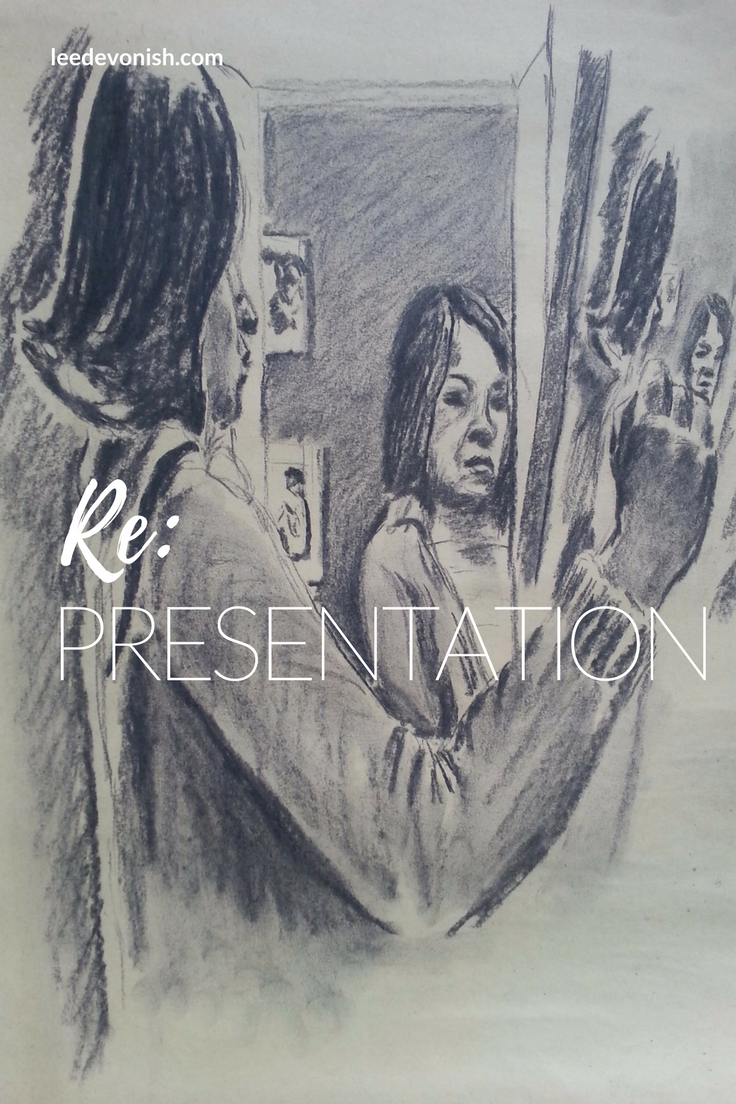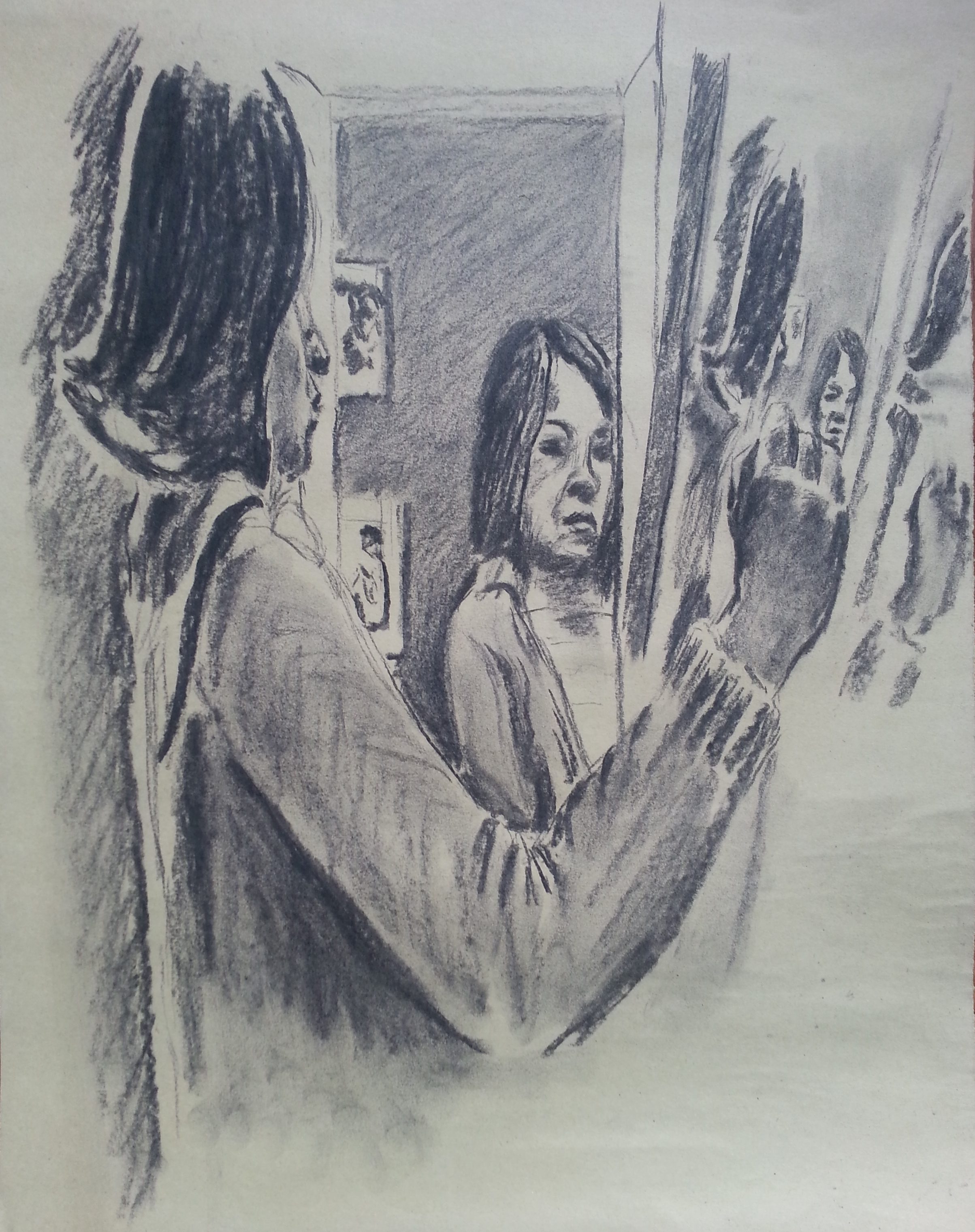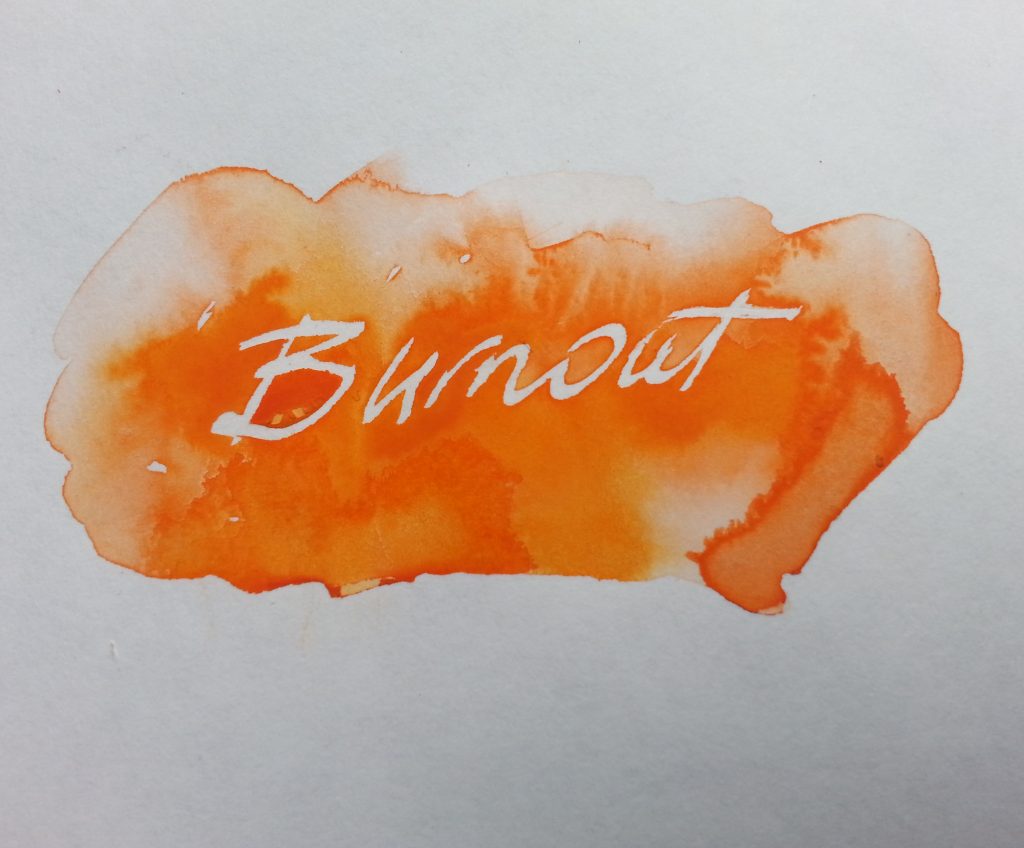Re: Presentation
Is this my best side?
For some artists, the attempt to package an image of themselves for the world can be maddening; for others, it may come as a natural extension of their practice.
Performing the role of artist may be difficult for some because of the unclear nature of the boundaries of this role in contemporary society – self-representing artists need to create work, maintain a cohesive practice, write statements about themselves and their work, and market themselves through social media.
The influence of academia on contemporary art practice leaves many feeling unable to write convincingly about their right to a seat at the table without resorting to obfuscating artspeak (been there).
Those who feel more at ease with marketing may feel happy to wear lots of hats at once; those who don’t may feel disadvantaged by their natural discomfiture.
To PhD or not to PhD
Personally, I often question whether I’m going the right way: I’ve ended up with a crazy mix of academic writing and traditional portraiture skills, with a magpie selection of media thrown in as well. I genuinely love researching and writing, but I thrive on making. This caused more than a bit of internal conflict when I did an art theory MA that had very little art in it anywhere.
Every year, it seems as though I find a PhD scholarship or studentship that makes me sit up and have a crisis of direction. This happens although I’ve already decided that a career as an academic is neither likely because of my age and circumstances, nor is it what I really want… so why am I tempted?
It’s because I was raised to believe that getting academic qualifications was the way to prove your value in this world. Although I don’t believe that now, childhood training is hard to forget.
I believe that the art world is overly obsessed with proving itself through rigid external structures, either through auction house prices or scholarly qualifications. Surely the best way of proving yourself as an artist is in making your own art.

Polymath or hot mess
The question remains unanswered for me: which is my best side? I still have a mistrust of marketing, but I know that the best practice for artists looking to establish themselves is to develop a visual language or style… to work in a specific category or medium, work in series – develop a thing, a hook or gimmick, to be blunt. But that doesn’t always seem to come naturally to me. Obviously, people are my main “thing”, but they aren’t my only interest.
I don’t buy into notions of singular authenticity and purity in art practice. If anything, I came to dislike the rules for “serious” art practice that I came across whilst studying.
I like to call myself a polymath because it sounds better than saying I have shiny object syndrome. The fact is, I love writing, and not just about art; I love drawing, painting, carving, building, printing and coming up with empires in my head that never make it past my notebook.
So I’ll stick with polymath, or whatever helps me make the art I want to make whenever I want to make it.


